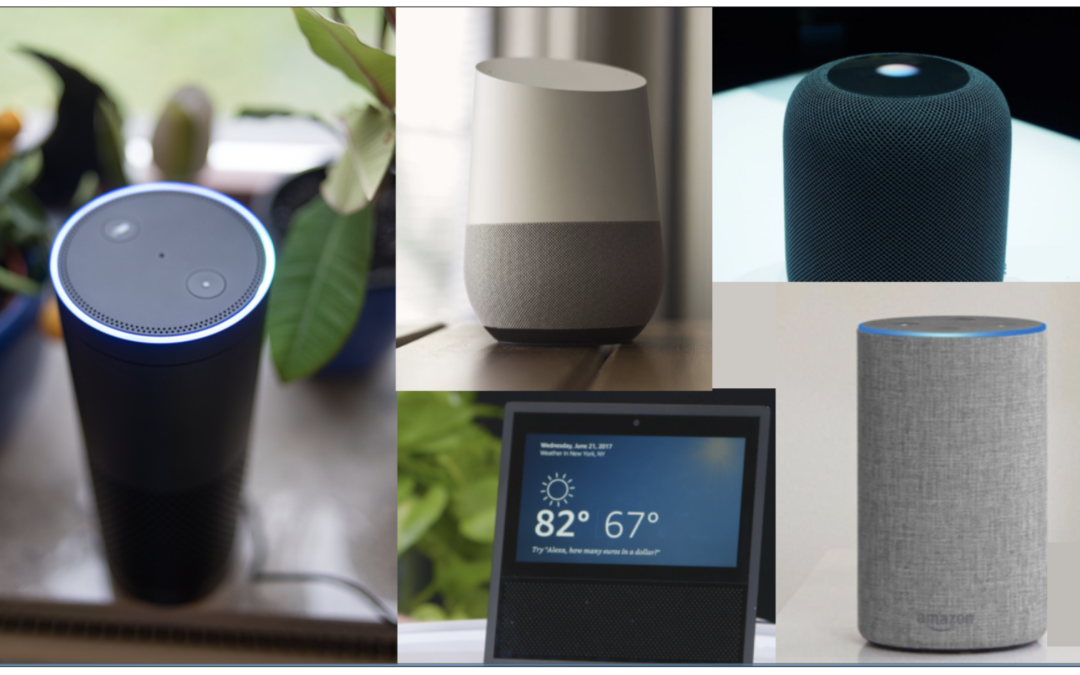I’m working on a new short book, to published by Libraries Unlimited later this year.
Siri, Alexa, and Other Digital Assistants: The Librarian’s Quick Guide
Here’s the draft table of contents.
1. What is Voice-First Computing?
- Introduction
- Why It’s Important for Librarians to Be Familiar with This Topic
- Definitions
- Platforms Overview (Alexa, Google Assistant, Siri, Cortana)
- Typical Tasks
- Statistics
- History of Voice Computing
- Advantages of Voice Computing
- Speech Recognition and Natural Language Processing
2. Hardware and Skills
- Hardware
- Smart Speakers (Amazon Echo devices, Google Home Devices, Apple’s HomePod, Microsoft’s Cortana on the Harmon Kardon Invoke)
- Smart Home Devices
- TV Devices
- Smart Toys & Robots
- Voice Computing in Cars
- Comparing Platforms
- Third-Party Skills
- Creating Skills
- Using Automation to Connect Tasks with Other Apps
3. Real-World Uses
- Hands-Free Situations
- Workplace Uses
- Benefits for the Elderly
- Benefits for People with Disabilities
- Ideas for Uses in Libraries
- Design Issues for Voice Interfaces
4. Privacy and Ethical Concerns
- Uses of Voice Data in Ways You Didn’t Intend
- How to Turn Off Microphones and Delete Recordings
- Privacy Recommendations for Design of Voice Assistants
- Sexism in Voice Computing
- Children and Voice Assistants
- What Librarians Need to Know
5. The Future of Voice Computing
- A Primary Way of Using Computers
- Voice Everywhere
- Hearables & Smart Glasses
- Moving from a Mobile-First to an AI-First World
- Possible Future Uses in Libraries
Appendix
- Bibliography
- Index
This is a fun and interesting topic to write about! It’s a rapidly changing technology, so I’m publishing this on a quick timeline. If you have ideas for what else you would like to see discussed in the book, let me know!
